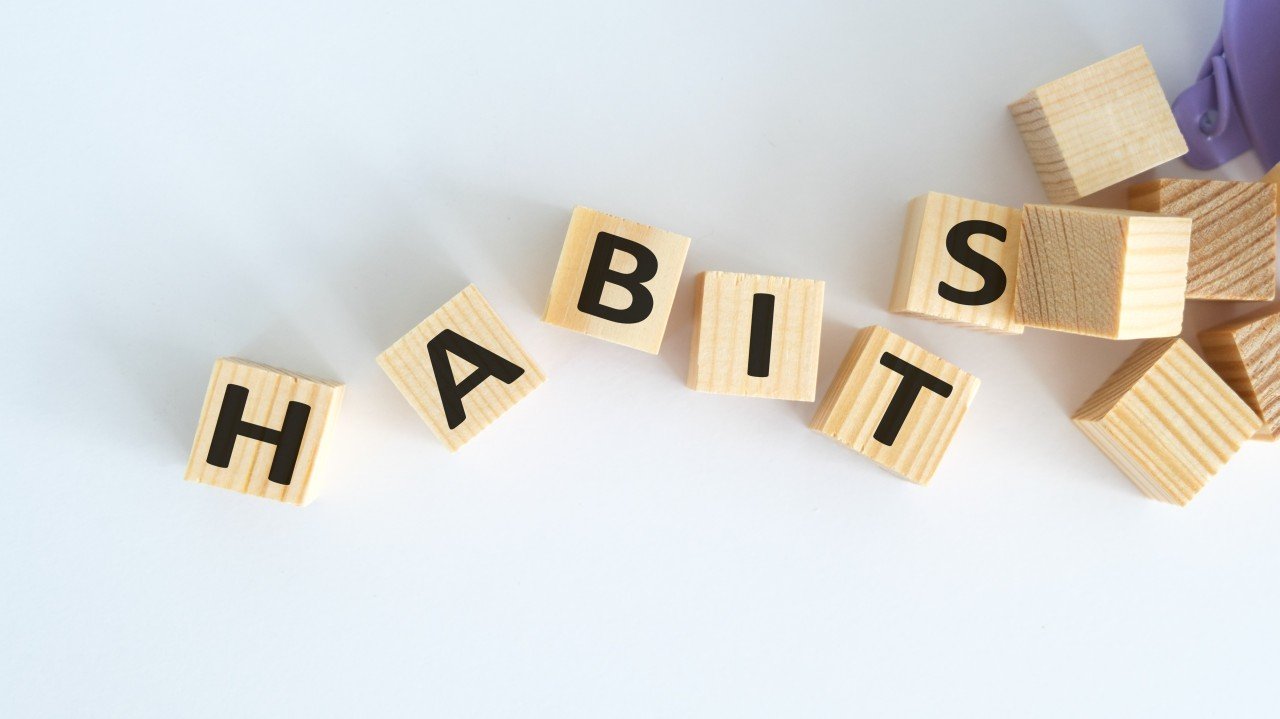Life can often feel chaotic, with endless responsibilities and unforeseen challenges pulling us in every direction. Amid this whirlwind, establishing daily rituals can serve as a grounding force, helping to bring balance, clarity, and purpose to our lives. Unlike routines, which can feel monotonous or obligatory, rituals are intentional actions imbued with meaning and mindfulness. These small, deliberate acts can transform your day-to-day experience and, ultimately, your overall well-being.
This article will explore the significance of daily rituals, discuss how they differ from routines, and provide actionable steps to design rituals that resonate with your unique goals and values.
Understanding Daily Rituals
What Makes a Ritual Different from a Routine?
At first glance, routines and rituals may seem interchangeable. Both involve actions conducted regularly, but the key difference lies in their intention and emotional impact. A routine is a series of tasks you complete out of necessity—like brushing your teeth or doing the laundry. Rituals, on the other hand, are purposeful practices that you approach with focus, intention, and a sense of presence.
Imagine sipping a cup of tea. As a routine, you might quickly make it and drink it while scrolling through your phone. But as a ritual, it becomes an opportunity to pause, savor the warmth of your drink, and take a moment to reflect or practice gratitude. By shifting your awareness, even the simplest acts can become a source of joy and nourishment.
Why Are Rituals Important?
Rituals create structure while fostering a sense of stability in our lives. They give us something to look forward to, anchoring us in the present during uncertain times. Studies have shown that rituals can reduce stress, boost emotional resilience, and even enhance performance. By focusing on intentional activities, rituals help us reconnect with what truly matters, aligning our actions with our values.
The Benefits of Daily Rituals
Emotional Resilience
Life’s unpredictability can feel overwhelming. Developing rituals allows you to cultivate moments of calm, granting you the mental clarity required to tackle challenges. A morning meditation practice or a short evening gratitude session, for instance, can provide emotional stability even amid chaos.
Improved Productivity
Contrary to the belief that rituals might slow us down, they can actually enhance productivity. Rituals like starting your workday with a brief planning session or setting priorities can create momentum and minimize procrastination. By beginning the day with focus, you’re more likely to accomplish tasks efficiently.
Enhanced Relationships
Rituals don’t have to be solo activities—they can also strengthen connections with loved ones. Weekly family meals, bedtime stories with children, or a weekend hike with a partner create shared experiences that deepen bonds over time.
Support for Personal Growth
Engaging in rituals that align with your goals can facilitate personal development. For instance, a writer might establish the ritual of journaling every morning, while someone looking to improve their physical health might commit to a daily yoga session. These intentional habits reinforce progress in specific areas of life.
Designing Meaningful Daily Rituals
Creating rituals doesn’t require major life changes. The key is to start simple and focus on practices that resonate with your values and aspirations.
Step 1: Define Your Intentions
Before introducing rituals, reflect on what you hope to achieve. Ask yourself:
- What areas of my life feel out of balance or need more intention?
- Are there moments in my day I want to infuse with purpose or joy?
- What practices align with my long-term goals and values?
Defining your intentions is crucial, as it sets the foundation for rituals that feel meaningful and sustainable.
Step 2: Start Small
New habits take time to develop, so start with one or two rituals to avoid feeling overwhelmed. A 5-minute morning stretch or a nightly reflection session can serve as manageable starting points. Over time, you can expand or deepen your rituals as they become more ingrained in your daily life.
Step 3: Create a Sacred Space
Rituals become more impactful when practiced in a dedicated space. It doesn’t have to be elaborate—your sacred space could be a specific corner in your living room for meditation or a desk free of distractions for journaling. Associating your rituals with a particular environment helps you transition into a focused mindset.
Step 4: Eliminate Distractions
Rituals require presence, and distractions can diminish their effect. Put away devices, turn off notifications, and focus on the action at hand. If needed, set boundaries with others during your ritual time to ensure uninterrupted practice.
Step 5: Personalize Your Rituals
What works for one person may not resonate with another. Tailor your rituals to suit your personality, lifestyle, and interests. For example, if silence feels daunting during meditation, consider incorporating soothing music or guided visuals.
Examples of Everyday Rituals
Morning Rituals to Set the Tone
How you begin your day often dictates how the rest of it will unfold. Here’s a simple morning ritual to cultivate presence and positivity:
- Gratitude Practice: Before getting out of bed, think of three things you’re grateful for. This primes your mind for optimism.
- Mindful Movement: Spend 5–10 minutes stretching, practicing yoga, or performing gentle exercise.
- Grounding Meditation: Dedicate 5 minutes to mindful breathing or visualization to ease into the day with focus.
Evening Rituals for Rest and Reflection
The hours before bedtime are ideal for unwinding and recharging. Consider adopting the following:
- Digital Detox: Turn off screens at least 30 minutes before bed to promote restful sleep.
- Reflective Journaling: Write down thoughts, achievements, or lessons learned to clear your mind of lingering worries.
- Calming Tea: Sip herbal tea while practicing deep breathing to signal to your body that it’s time to relax.
Rituals for Connection and Community
Strengthen relationships by nurturing shared rituals, such as:
- Seasonal Traditions: Celebrate transitions with loved ones, like having a bonfire in the fall or planting flowers in the spring.
- Weekly Check-Ins: Dedicate time to meaningful conversations with friends or family to strengthen your bond.
- Acts of Service: Regularly contribute to your community through volunteering or small acts of kindness, which foster a sense of shared purpose.
Rituals for Creativity and Growth
Whether you want to develop a new skill or boost creativity, consistent rituals can help:
- Daily Journaling: Spend 15 minutes free-writing to stimulate creative thinking.
- Skill-Based Rituals: Dedicate time each day to learn or practice something relevant to your goals.
- Nature Walks: Walking in nature can inspire new ideas while replenishing energy.
The Long-Term Impact of Daily Rituals
When practiced consistently, daily rituals help you establish a rhythm that aligns with your aspirations. Over time, they contribute to a life filled with intention and progress. More importantly, they foster a sense of ownership over your time and experiences, empowering you to live authentically amidst the noise of modern life.
Final Thoughts
By weaving rituals into your day, you take the reins of your life, creating space for connection, growth, and peace. Start small, be patient with yourself, and remain open to exploration. What begins as a small, purposeful act can evolve into a powerful force for transformation, helping you lead a more balanced and fulfilling life.
The beauty of rituals lies in their adaptability—you have the freedom to design a practice that truly resonates with you. What meaningful ritual will you introduce into your life today?




